Believing, dancing, fighting, and loving are survival skills in The Littlest Rebel by writer Edwin J. Burke; producers Buddy G. DeSylva and Darryl Zanuck; and director David Butler. John F. Seitz, Irene Morra, and Cyril J. Mockridge handle cinematography, editing, and music. Filming showcases distributor studios in Los Angeles, California.
The 70-minute drama adapts Edward Peple’s (August 10, 1869 - July 28, 1924) 1911-published, same-named play. Its distributor was 20th Century Fox. Its NYC-premiere and USA-release dates were December 19 and 27, 1935.
The movie begins with Virgie (Shirley Temple) celebrating birthday #6 on April 12th in Cary Plantation’s ballrooom. Parents (John Boles, Karen Morley) and workers James Henry (Willie Best), Mammy (Bessie Lyle), Moses (Jesse Graves), and Sally Ann (Hannah Washington) celebrate. Virgie favors Dancing Uncle Billy (Bill Robinson). The attack upon Fort Sumter, South Carolina at 4:30 a.m. starts the War Between the States (April 12, 1861 - April 9, 1865) and terminates festivities.
Captain Herbert Cary leads colleagues to Virginia’s Richmond regiments. Civilians remain to protect crops, possessions and resources. Union Colonel Morrison (Jack Holt) ushers in troops upon Herbert’s departure.
Scattered and stressed parents, playmates, and workers concern Virgie. Parthian volley-like, she slingshots Morrison as soldiers leave. Although admiring Virgie’s aim, Morrison, who has a same-aged daughter, warns against disrespect. Virgie sings “Dixieland”.
Herbert becomes Confederate General Robert Edward Lee’s (January 19, 1807 - October 12, 1870) scout. Union officers are aware of Herbert’s information-gathering. During his final sneak-visit home, Herbert barely misses Union trackers. Sergeant Dudley (Guinn Williams) orders troops to search buildings and grounds for food supplies and valuables. He pushes Mrs. Cary downstairs for protecting Virgie -- whose skin is boot-polished black -- from apprehension and punishment.
Morrison apologizes. Dudley is lashed 25 times. Morrison leaves when 3 gunshots signal failure to detain Herbert within Union-held territory. Virgie slingshots Morrison.
Billy accompanies Mrs. Cary and Virgie into the woods, away from Confederate-Union fighting. Mrs. Cary’s cloak covers Virgie during downpours. One month later, Billy leads Herbert to a torched plantation. Mrs. Cary perishes.
Morrison finds Herbert’s attic hideaway. Union guards halt Herbert’s carriage despite Morrison’s issuing mended Union clothing and Union passes to get Virgie to Herbert’s sister in Richmond. Dudley recognizes Virgie.
A court-martial declares Herbert and Morrison spies. A Union Major (Douglas Wood) knows a D.C. judge who knows Abraham Lincoln (Frank McGlynn Sr.). Dancing in public squares pays Billy’s and Virgie’s train fare.
The movie ends with the 16th U.S. President (1809-1865):
-
Chomping apples with Virgie;
-
Having secretary John Hay (Karl Hackett) expedite pardons to Union General Ulysses S. Grant (1822-1885);
-
Releasing Billy and Virgie to Union quarters to sing “Polly Wolly Doodle” to hanging-spared Herbert and Morrison.


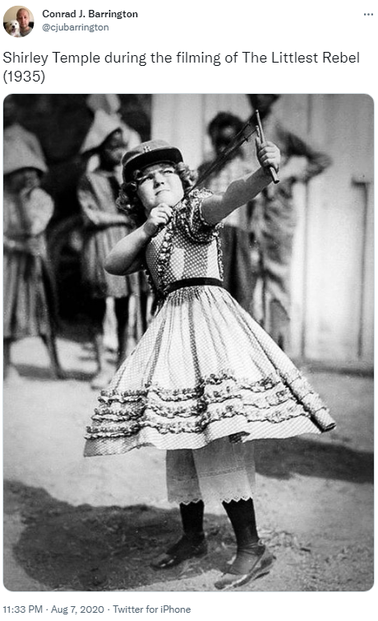
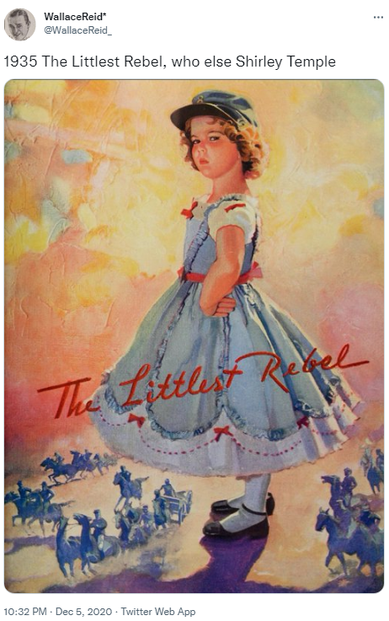
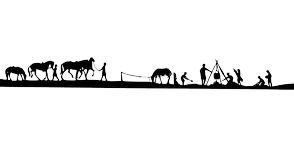


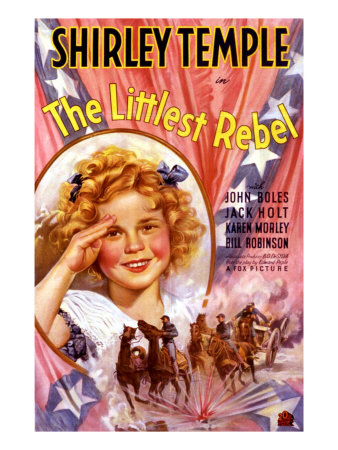
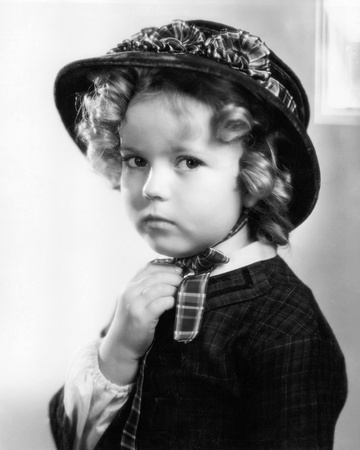
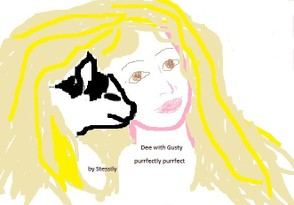
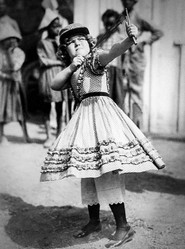

 Are Hawaiian Huakai Po Nightmarchers Avenging Halloween Thursday?on 10/02/2024
Are Hawaiian Huakai Po Nightmarchers Avenging Halloween Thursday?on 10/02/2024
 Mailing Addresses for 2023 Form 4868 Extending 1040 and 1040SR April 15, 2024, Due Dateon 04/15/2024
Mailing Addresses for 2023 Form 4868 Extending 1040 and 1040SR April 15, 2024, Due Dateon 04/15/2024
 Mailing Addresses for 2023 Forms 1040 and 1040SR Filed in 2024on 04/15/2024
Mailing Addresses for 2023 Forms 1040 and 1040SR Filed in 2024on 04/15/2024
 Mailing Addresses for 2022 Form 4868 Extending 1040 and 1040SR April 18, 2023, Due Dateon 04/13/2023
Mailing Addresses for 2022 Form 4868 Extending 1040 and 1040SR April 18, 2023, Due Dateon 04/13/2023

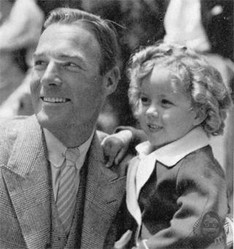
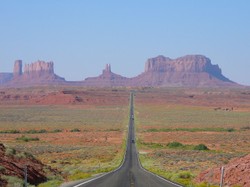
Comments
Mira, "The Littlest Rebel" is one of Shirley Temple's most popular and most memorable movies. She displayed so much talent at such a young age. I think that you will enjoy "The Littlest Rebel."
I have written reviews of all of Shirley's films, all of which I've seen many times. I am in the process of releasing them here.
I plan to watch this movie. That black-and-white photo is her is so good! I had a thought this might have been one of her first films but I see on imdb.com that she did 12 movies in 1934, 11 movies and 1933, and 5 movies in 1932, before this one! True, some of them were shorts, but still! Of the 12 movies she did in 1934, only one was a short. I can't wait to see her at seven :-)